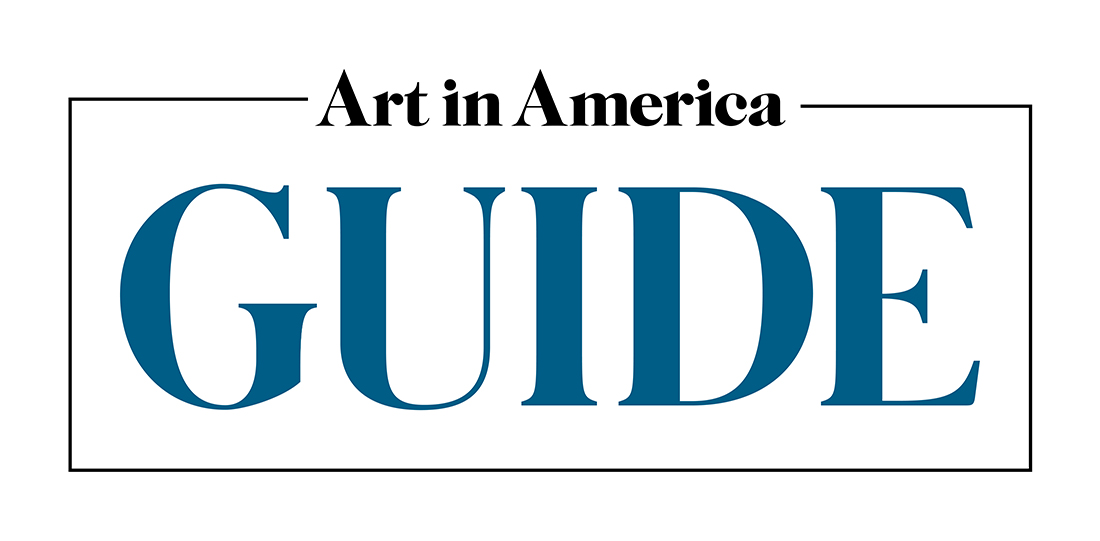
Twilight Child: Antonia Kuo and Martin Wong
June 15 @ 11:00 am - September 15 @ 5:00 pm
Free
A study in personal and artistic resonance, Twilight Child brings together the work of Antonia Kuo (born 1987, New York, New York) and Martin Wong (born 1946, Portland, Oregon; died 1999, San Francisco, California)—two queer diasporic Chinese artists born more than forty years apart. The presentation continues an informal series of intergenerational and “artists’ artists” pairings mounted at the Frye over the last several years.
Developed in close collaboration with Kuo, the exhibition features Wong’s rarely exhibited biomorphic clay sculptures from the 1960s and 70s, alongside selected paintings and archival materials from across his career. Kuo contributes recent photochemical paintings—including new works created in response to Wong’s poetry—and sculptural objects made at her family’s Seattle-area industrial metal casting company.
Both artists’ works combine the influences of their Chinese heritage, such as traditional shanshui landscape painting, with their contemporary American realities and elements of fantasy. They each incorporate photography in unconventional ways, to stylistically divergent but conceptually related ends. Wong taped together snapshots to compose his claustrophobic trompe l’oeil New York nightscapes of the 1980s, adding astrological constellations and ASL fingerspelling icons to create composite images of multiple signification systems. Kuo likewise achieves a densely patterned, shallow depth of field by superimposing photographs, masking, and painting gesturally with reactive chemicals on light-sensitive paper. Through their respective techniques, the artists underscore processes of translation and confound “straight” legibility.
The layering and hybridity present in the work of each artist suggests the pluralism of multicultural experience, as well as a desire to integrate dualities like chaos and control. For Kuo, it comes from a simultaneous interest in and ambivalence toward expressing cultural identity, “a confusion that can be productive to mine, an element of self that is both familiar and distant.”
